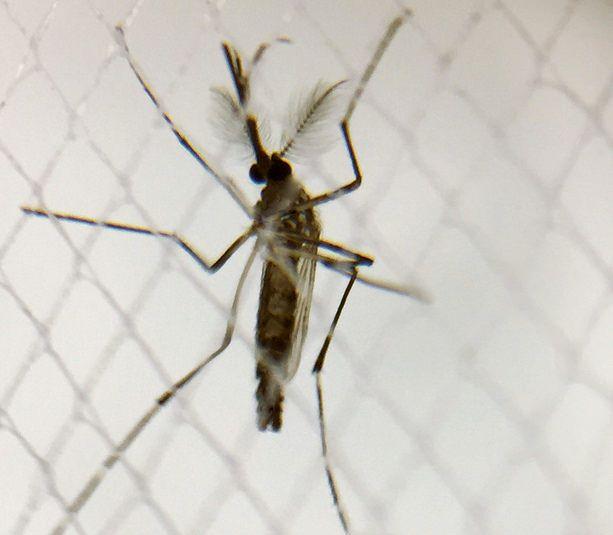A new report shows that less than half of Americans understand Zika transmission, while Myanmar has its first Zika case and Florida officials report one new non-travel related infection.
Only 40% of Americans understand transmission
About 80% of Americans are aware of the Zika virus, but only 40% understand how the virus is transmitted, that most people who contract the disease are asymptomatic, and that pregnant women exposed to the virus can have babies with severe birth defects. Those are some of the key takeaways from a report today by New York University's (NYU's) College of Global Public Health that measured the public's grasp of Zika virus.
David Abramson, PhD, MPH, the founding director of NYU's program on Population Impact, Recovery, and Resilience, said that one of Zika's key features—that it is asymptomatic in 80% of patients who contract the virus—makes it a public relations nightmare.
"People don't recognize that if they're not symptomatic, they're hosts," said Abramson, who co-authored the report, "U.S. Public's Perception of Zika Risk: Awareness, Knowledge, and Receptivity to Public Health Interventions." "They're playing the part of mosquito but don't realize it."
Awareness grows, but not knowledge
The report was based on two sets of telephone interviews with 2,464 randomly selected US residents. The first survey of 1,233 residents was conducted in April and May of 2016, and the second was conducted with 1,231 residents in July and August.
The proportion of Americans surveyed who were aware of Zika went from 74% in March to 95% in August, but knowledge about the disease, categorized by understanding asymptomatic transmission, sexual spread, and birth defects, didn’t increase during that same period (hovering around 38%).
Abramson said that the US Centers for Disease Control and Prevention (CDC) is doing a good job messaging and changing guidelines rapidly, but has suffered from a lack of funding. And despite seeing frequent Zika headlines, most Americans don't understand the mechanisms behind transmission.
"We have to have people understand that it's not just pregnant woman [who are] the focus; they are the final step in a multistep process," said Abramson. "Until people understand that [the] disease can be sexually transmitted in asymptomatic hosts, Zika will likely remain circulating in a community for some time."
Part of the problem, Abrasion conceded, is that science is still unclear as to what extent sexual transmission is an effective means of spreading Zika. But, he said, unless you manage to knock out every mosquito capable of transmitting the disease, focusing on human hosts is the best way to prevent spread and transmission.
Reproductive choices more favorable than government spraying
Abramson said the study also measured participants' reaction to proposed solutions for dealing with Zika virus, including abortion in pregnancies exposed to Zika, delaying pregnancy, and government-sponsored in-home mosquito spraying. Surprisingly, Americans were more receptive of the reproductive options than in-home spraying.
"Americans do not like the idea of public health police," said Abramson. He said that in countries like Cuba, where the government conducts house-to-house fumigation during mosquito illness outbreaks, spraying campaigns are welcomed and successful. But only 40% of those surveyed said they would support such a measure, compared with about 60% who would consider federally funded abortion or the 50% who would support pregnancy delay.
Myanmar women urged to delay pregnancy
In other Zika news today, Myanmar reported its first case of Zika virus infection yesterday, according to Reuters. The patient is a 32-year-old expatriate pregnant woman living in Yangon. Neighboring Thailand has reported 300 cases.
In response to the case, the Myanmar Ministry of Health said women in Yangon should delay pregnancy for 6 months. Yangon is the biggest city in Myanmar, with a population of 7 million.
One new local case in Florida
Also today the Florida Department of Health, Florida Health, reported one new non-travel–related Zika case. The case is in Miami-Dade County, and an investigation is under way to determine where the person contracted the disease. There are also four new travel related cases, one in a pregnant woman.
Today's cases raise the total of locally acquired Zika cases to 182, and travel-related cases to 768. Florida Health has confirmed 123 cases in pregnant women, but it's unclear how many of those are locally acquired.
See also:
Oct 28 NYU report
Oct 28 NYU press release
Oct 28 Reuters story
Oct 28 Florida Health update






















